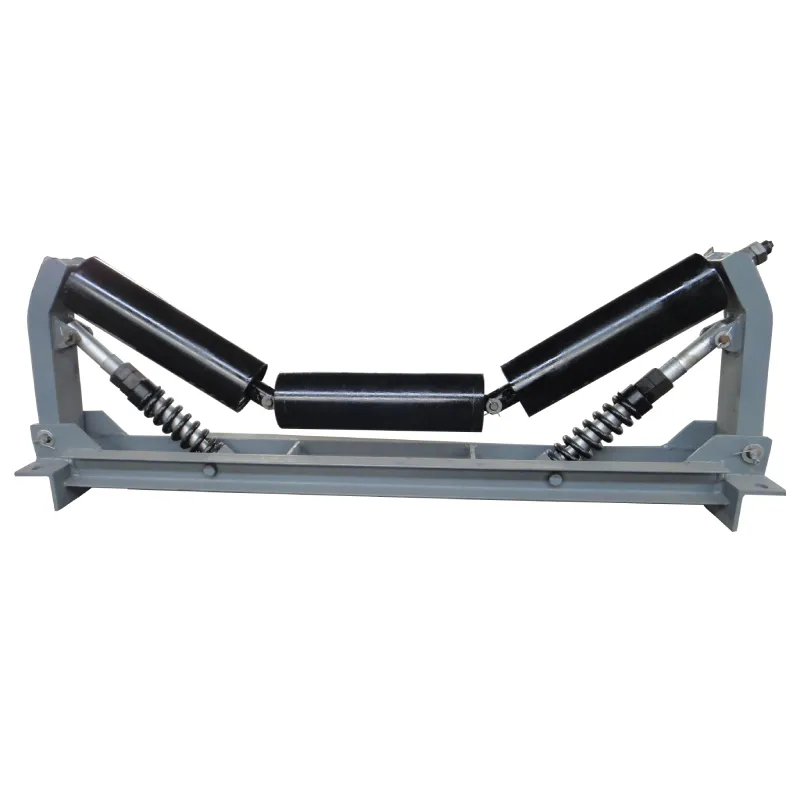 Afrikaans
Afrikaans  Albanian
Albanian  Amharic
Amharic  Arabic
Arabic  Armenian
Armenian  Azerbaijani
Azerbaijani  Basque
Basque  Belarusian
Belarusian  Bengali
Bengali  Bosnian
Bosnian  Bulgarian
Bulgarian  Catalan
Catalan  Cebuano
Cebuano  Corsican
Corsican  Croatian
Croatian  Czech
Czech  Danish
Danish  Dutch
Dutch  English
English  Esperanto
Esperanto  Estonian
Estonian  Finnish
Finnish  French
French  Frisian
Frisian  Galician
Galician  Georgian
Georgian  German
German  Greek
Greek  Gujarati
Gujarati  Haitian Creole
Haitian Creole  hausa
hausa  hawaiian
hawaiian  Hebrew
Hebrew  Hindi
Hindi  Miao
Miao  Hungarian
Hungarian  Icelandic
Icelandic  igbo
igbo  Indonesian
Indonesian  irish
irish  Italian
Italian  Japanese
Japanese  Javanese
Javanese  Kannada
Kannada  kazakh
kazakh  Khmer
Khmer  Rwandese
Rwandese  Korean
Korean  Kurdish
Kurdish  Kyrgyz
Kyrgyz  Lao
Lao  Latin
Latin  Latvian
Latvian  Lithuanian
Lithuanian  Luxembourgish
Luxembourgish  Macedonian
Macedonian  Malgashi
Malgashi  Malay
Malay  Malayalam
Malayalam  Maltese
Maltese  Maori
Maori  Marathi
Marathi  Mongolian
Mongolian  Myanmar
Myanmar  Nepali
Nepali  Norwegian
Norwegian  Norwegian
Norwegian  Occitan
Occitan  Pashto
Pashto  Persian
Persian  Polish
Polish  Portuguese
Portuguese  Punjabi
Punjabi  Romanian
Romanian  Russian
Russian  Samoan
Samoan  Scottish Gaelic
Scottish Gaelic  Serbian
Serbian  Sesotho
Sesotho  Shona
Shona  Sindhi
Sindhi  Sinhala
Sinhala  Slovak
Slovak  Slovenian
Slovenian  Somali
Somali  Spanish
Spanish  Sundanese
Sundanese  Swahili
Swahili  Swedish
Swedish  Tagalog
Tagalog  Tajik
Tajik  Tamil
Tamil  Tatar
Tatar  Telugu
Telugu  Thai
Thai  Turkish
Turkish  Turkmen
Turkmen  Ukrainian
Ukrainian  Urdu
Urdu  Uighur
Uighur  Uzbek
Uzbek  Vietnamese
Vietnamese  Welsh
Welsh  Bantu
Bantu  Yiddish
Yiddish  Yoruba
Yoruba  Zulu
Zulu Durable Steel Idler Rollers for Enhanced Material Handling Efficiency
Understanding Steel Idler Rollers Key Components in Material Handling
Steel idler rollers are essential components in various industries, particularly in material handling systems. They play a crucial role in transporting materials over conveyor belts, supporting the weight of the load while allowing for smooth movement. This article delves into the significance, functionality, and advantages of steel idler rollers, shedding light on their impact on efficiency and productivity in various applications.
What Are Steel Idler Rollers?
Steel idler rollers are cylindrical components made from high-quality steel, designed to support the conveyor belt and the materials being transported. Positioned alongside the primary drive rollers, idler rollers help to maintain tension in the conveyor system and support the belt throughout its length. They are typically used in environments where durability and strength are required, such as in mining, construction, and agricultural applications.
Functionality of Steel Idler Rollers
The primary function of steel idler rollers is to facilitate the smooth operation of conveyor belts. As materials move along the belt, idler rollers provide points of support that minimize sagging and enhance the overall structural integrity of the conveyor system. They assist in aligning the belt, reducing friction, and preventing undue wear and tear on both the belt and the components involved in the movement.
Moreover, idler rollers contribute to the efficient distribution of material loads. This is particularly important in heavy-duty applications where excessive strain can compromise the performance and lifespan of the entire conveyor system. By optimizing load distribution, steel idler rollers help prevent damage and extend the life of the machinery.
Types of Steel Idler Rollers
1. Trough Rollers These are designed to carry materials in a trough shape, providing better support for bulk materials. They are ideal for transporting materials like coal, ores, and grains.
2. Flat Rollers Flat idler rollers are often used in applications where the materials being conveyed are lighter and do not require the additional support of a trough.
steel idler rollers

3. Return Rollers These rollers support the return side of the conveyor belt. They are essential for keeping the belt aligned and preventing it from drifting.
4. Impact Rollers Positioned at points where materials are loaded onto the conveyor, impact rollers absorb shock and reduce the potential for damage to the belt and other components.
Advantages of Using Steel Idler Rollers
1. Durability Steel idler rollers are resistant to wear and tear, making them suitable for heavy-duty applications. Their robustness ensures that they can withstand harsh operational conditions without frequent replacements.
2. Efficiency By providing essential support to conveyor systems, steel idler rollers enhance the overall efficiency of material handling processes. Their ability to reduce friction minimizes energy consumption, leading to lower operational costs.
3. Versatility Steel idler rollers can be used in various industries and applications, making them a versatile choice for many material handling needs. Whether in mining, manufacturing, or agriculture, these rollers can adapt to different environments and requirements.
4. Low Maintenance Due to their durable construction, steel idler rollers generally require less maintenance than their plastic or rubber counterparts. This feature helps minimize downtime and ensures that production processes continue to run smoothly.
5. Customization Many manufacturers offer customization options for steel idler rollers, allowing businesses to tailor the rollers according to their specific needs. This can include variations in size, shape, and material treatment.
Conclusion
Steel idler rollers are vital components in the realm of material handling, contributing significantly to the efficiency and effectiveness of conveyor systems. Their durability, versatility, and low maintenance make them an ideal choice for various industries. As businesses continue to seek ways to optimize their operations, the role of steel idler rollers will undoubtedly remain critical in enhancing productivity and supporting the movement of materials in an increasingly demanding industrial landscape. Investing in high-quality steel idler rollers can yield substantial returns by improving operational efficiency and reducing long-term costs, making them an essential consideration for any material handling system.
-
Revolutionizing Conveyor Reliability with Advanced Rubber Lagging PulleysNewsJul.22,2025
-
Powering Precision and Durability with Expert Manufacturers of Conveyor ComponentsNewsJul.22,2025
-
Optimizing Conveyor Systems with Advanced Conveyor AccessoriesNewsJul.22,2025
-
Maximize Conveyor Efficiency with Quality Conveyor Idler PulleysNewsJul.22,2025
-
Future-Proof Your Conveyor System with High-Performance Polyurethane RollerNewsJul.22,2025
-
Driving Efficiency Forward with Quality Idlers and RollersNewsJul.22,2025





























